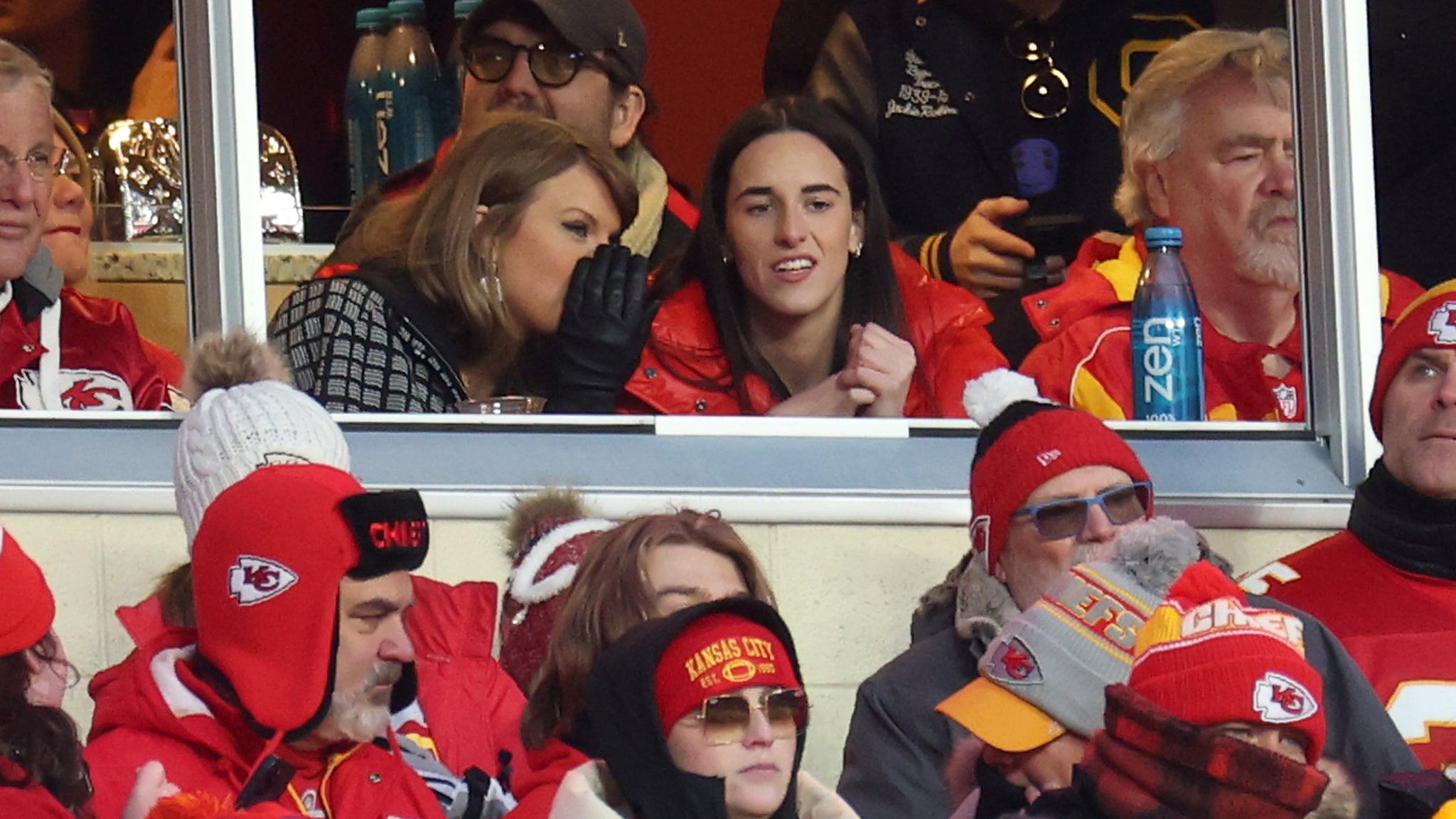European and Asian equities tumbled at the open on Friday as fears over the health of banks’ bond portfolios compounded investors’ nervousness ahead of the publication of key US economic data.
The region-wide Stoxx 600 fell 1.6 per cent, Germany’s Dax dropped 1.8 per cent and France’s Cac 40 was down 1.9 per cent. London’s FTSE 100 fell 1.6 per cent. European banks were hardest hit, with the Stoxx bank index down 4.8 per cent.
In Asia, Hong Kong’s Hang Seng index was down 2.8 per cent, China’s CSI 300 shed 1.3 per cent, South Korea’s Kospi declined 1 per cent and Japan’s Topix lost 1.9 per cent.
The moves followed a steep sell-off on Wall Street on Thursday as investors were spooked by difficulties at Silicon Valley Bank, a technology-focused lender.
SVB’s shares fell 60 per cent on Thursday after it launched a $2.25bn share sale to shore up its balance sheet. The losses have raised concerns about the potential risks in the large portfolios of bonds held by US banks, which invested deposits into long-dated securities such as Treasuries at the height of the pandemic. The sharp rise in interest rates over the past year has squeezed industry profitability.
“[Silicon Valley Bank] is not the issue in and of itself, because it can be resolved with deposit insurance or a bailout, so it’s not insurmountable,” said John Roe, head of multi-asset funds at Legal & General Investment Management. “But it’s a reminder that if you change conditions very quickly you can create issues, and perhaps for the Federal Reserve to, if in doubt, be a bit slower [with rate rises].”
Shares of major European banks were hardest hit, with Deutsche Bank falling 8.3 per cent, ING dropping 5.2 per cent, Société Générale declining 5.4 per cent and Virgin Money losing 4.5 per cent.
Investors’ nerves have also been tested by comments from the Fed that it would be prepared to reaccelerate the pace of interest rate increases if the US economy and inflation do not cool. Traders were looking ahead to the crucial monthly non-farm payrolls and unemployment data on Friday, to see if the economy showed signs of cooling.
Last month, the economy added a surprise 517,000 jobs and unemployment was 3.4 per cent, the lowest level since May 1969.
Lou Brien, economic strategist at DRW Trading Group in Chicago, noted that the Fed had a long history of acting to ease policy whenever unemployment rose. “You have this situation where we’re either going to see the Fed being more aggressive if the data are stronger than anticipated, or if this time the unemployment rate goes up and the Fed doesn’t act [soon], then its all the more troubling — its heads you lose, tails you lose for the market.”
Dickie Wong, executive director of research at Kingston Securities in Hong Kong, said worse than expected earnings from JD.com, the Chinese ecommerce company which on Thursday said that its revenue growth had slowed at the end of last year, also led to a sell-off in parts of the tech sector in Hong Kong.
Futures tracking the blue-chip S&P 500 fell 0.7 per cent, while contracts tracking the tech-heavy Nasdaq dropped 0.4 per cent. The S&P 500’s financial sub-index lost 3.9 per cent on Thursday.
US Treasuries gained, with the yield on the 10-year note, which moves inversely to price, declining 0.1 percentage points to 3.83 per cent, after dropping 5 basis points the day before. Two-year contracts, which are more sensitive to monetary policy, fell 0.1 percentage points to 4.8 per cent.
The dollar index, which measures the greenback against a basket of six peer currencies, was flat. The euro was flat and sterling rose 0.1 per cent, both against the dollar.
Brent crude fell 0.9 per cent to $80.88 per barrel, while WTI, the US equivalent, fell 1.2 per cent to $74.83.
Additional reporting by Kana Inagaki in Tokyo, Kaye Wiggins in Hong Kong and Jennifer Hughes in New York


























































![Mason Ramsey – Twang [Official Music Video] Mason Ramsey – Twang [Official Music Video]](https://i.ytimg.com/vi/xwe8F_AhLY0/maxresdefault.jpg)





















